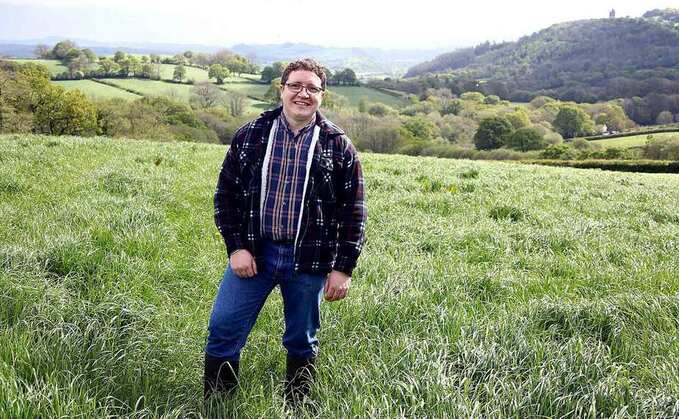
I am sure that we have all seen the usual ‘new year, new you' adverts, slogans and promises littered all over the media and social media. I am also sure that we have all been in a position where we...

I am sure that we have all seen the usual ‘new year, new you' adverts, slogans and promises littered all over the media and social media. I am also sure that we have all been in a position where we...
Is the Government waging a war on the countryside with proposals to merge section 1 & 2 regulations on firearms licenses which could undermine the countryside, the rural way of life, farmers and gamekeepers?
CLA and NFFN welcome end of uncertainty but warn plans could pose problems for farmers in future
The Government has announced plans to end trail hunting as part of its Animal Welfare Strategy. However, the countryside has hit back and said it will never let the sounds of hounds die